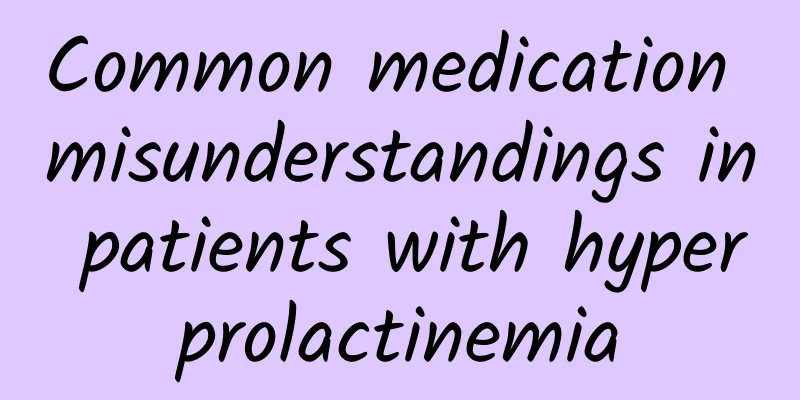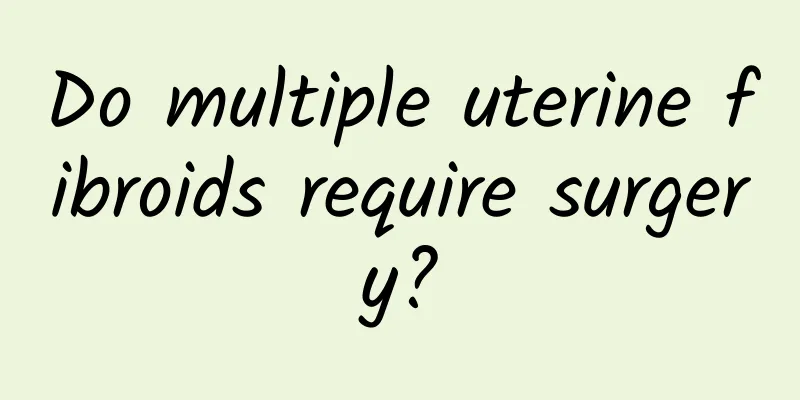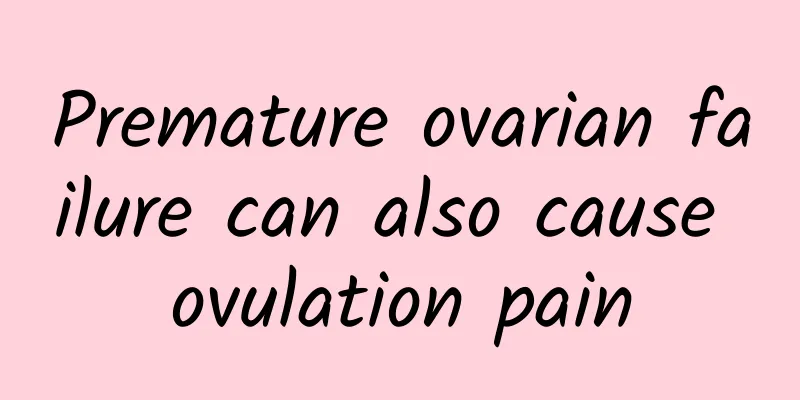Common medication misunderstandings in patients with hyperprolactinemia

|
Hyperprolactinemia is a common disease, and Chinese medicine is an indispensable method for the treatment of the disease. Therefore, there are many Chinese medicines for treatment, mainly Atractylodes macrocephala, Coix seed, Poria cocos, Adenophora australis, Bupleurum, Fritillaria thunbergii, Pangolin, Curcuma aromatica, Goat milk, Camellia sinensis, etc., which have the effects of resistance and conditioning. In addition to these, some other common medication misunderstandings of patients with hyperprolactinemia will be introduced in detail: 1. Narcissus root Its efficacy is to clear away heat and detoxify, reduce swelling and discharge pus, and disperse knots and resist. It is used for hyperprolactinemia and skin. It is mainly due to the effects of lycorine, pseudolycorine, and narcissusine in the root of narcissus. The root of narcissus is often ground into a paste and applied to the affected area, which is suitable for the initial onset of hyperprolactinemia. 2. Wolfsbane Its efficacy is to reduce swelling, expel water, kill insects and resist depression. Decoction of wolfsbane and red dates is a good dietary therapy. Currently, the volatile oil components of wolfsbane are extracted and made into injection to treat hyperprolactinemia. 3. Asparagus cochinchinensis Asparagus cochinchinensis is an important anti-inflammatory ingredient in traditional Chinese medicine. Its main effects are nourishing yin and moistening dryness, clearing the lungs and reducing fire, and anti-tumor. Its anti-inflammatory active ingredient is mainly asparagus polysaccharide. In traditional Chinese medicine decoctions, asparagus cochinchinensis, and three arrowheads are often boiled in water to treat hyperprolactinemia. Currently, asparagus tablets and asparagus injections are available on the market. 4. Fritillaria It has the effects of dispersing stagnation and reducing swelling, detoxifying and resisting, and is mainly used to treat hyperprolactinemia, malignant lymphoma, thyroid, etc. It can be ground for external application, decocted or made into pills for oral administration. 5. Trillium Colchicine in Trillium gracile is an anti-active substance. Its single prescription, compound prescription, pills, etc. have a good inhibitory effect on tumors, especially for the treatment of hyperprolactinemia. With the improvement of people's health awareness and the concern about alleviating the side effects of radiotherapy and chemotherapy, Chinese medicine for the treatment of hyperprolactinemia will surely become one of the commonly used treatment methods in the field of resistance. I hope that the Chinese medicines introduced above can be of some help to everyone. |
<<: Experts guide the correct use of drugs for hyperprolactinemia
>>: The best time to take medication for hyperprolactinemia
Recommend
Treatment for endometrial thickening
For some patients with moderate to severe endomet...
Is it easy to get pregnant with uterine fibroids and ovarian cysts?
Uterine fibroids and ovarian cysts may affect pre...
How to judge whether cervical warts are cured
Clinically, we believe that cervical warts are a ...
The first choice hospital for hyperprolactinemia
Hyperprolactinemia is mainly transmitted through ...
There are several main methods to prevent menopause:
Menstruation is very important for women. It can ...
Losing weight "gaining muscle, reducing fat" requires a different diet? Nutritionist: Remember to "pick 3 and subtract 4" to avoid picky eating and reach your eating goals in one go
For those who are trying to lose weight, you have...
Experts explain the symptoms of severe cervicitis that need to be vigilant
When the disease develops to severe cervicitis, t...
Do women need to treat cervical erosion? It is recommended to use these methods to treat cervical erosion
When explaining this problem, first of all, we mu...
How much does uterine fibroid surgery cost?
We know that uterine diseases can cause a lot of ...
Peizhen's secret recipe for losing weight: eat coix seed and mung bean and lift your legs more often
Losing weight is a national movement. Female arti...
There are three specific symptoms of vulvar leukoplakia
The symptoms of vulvar leukoplakia are a topic of...
Do you know how to treat ectopic pregnancy?
Ectopic pregnancy has a great impact on women and...
What tests should be done before painless abortion surgery
Many people must have heard of painless abortion ...
Preventing postpartum obesity, yam and jujube porridge, strengthening the spleen, removing dampness and eliminating edema
Women are most afraid of losing their body shape ...
The "optimal menopause" age for women is announced, and it is not 55. Doctors: The closer to this age, the better
Aunt Li, who is nearly 50 years old, has been ups...









